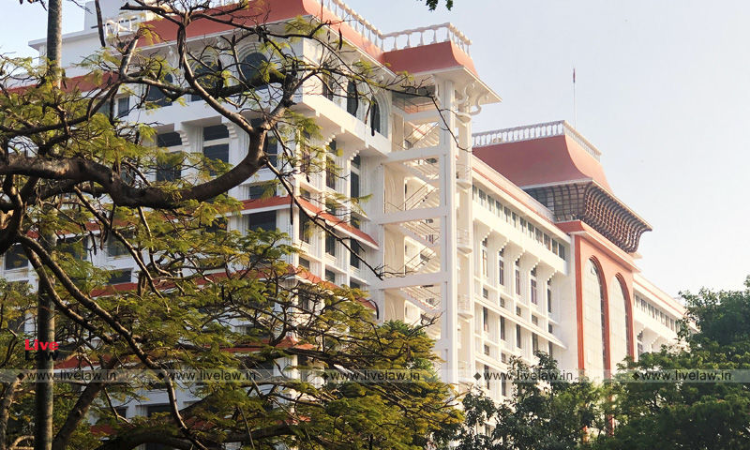The Kerala High Court recently ruled that a Magistrate Court is bound to apply its mind while exercising the powers conferred to it under Section 156(3) of the Code of Criminal Procedure (CrPC).Justice Kauser Edappagath stated that while taking cognizance of offences or ordering an investigation into any cognizable case, courts should not merely forward all complaints they receive like a...

